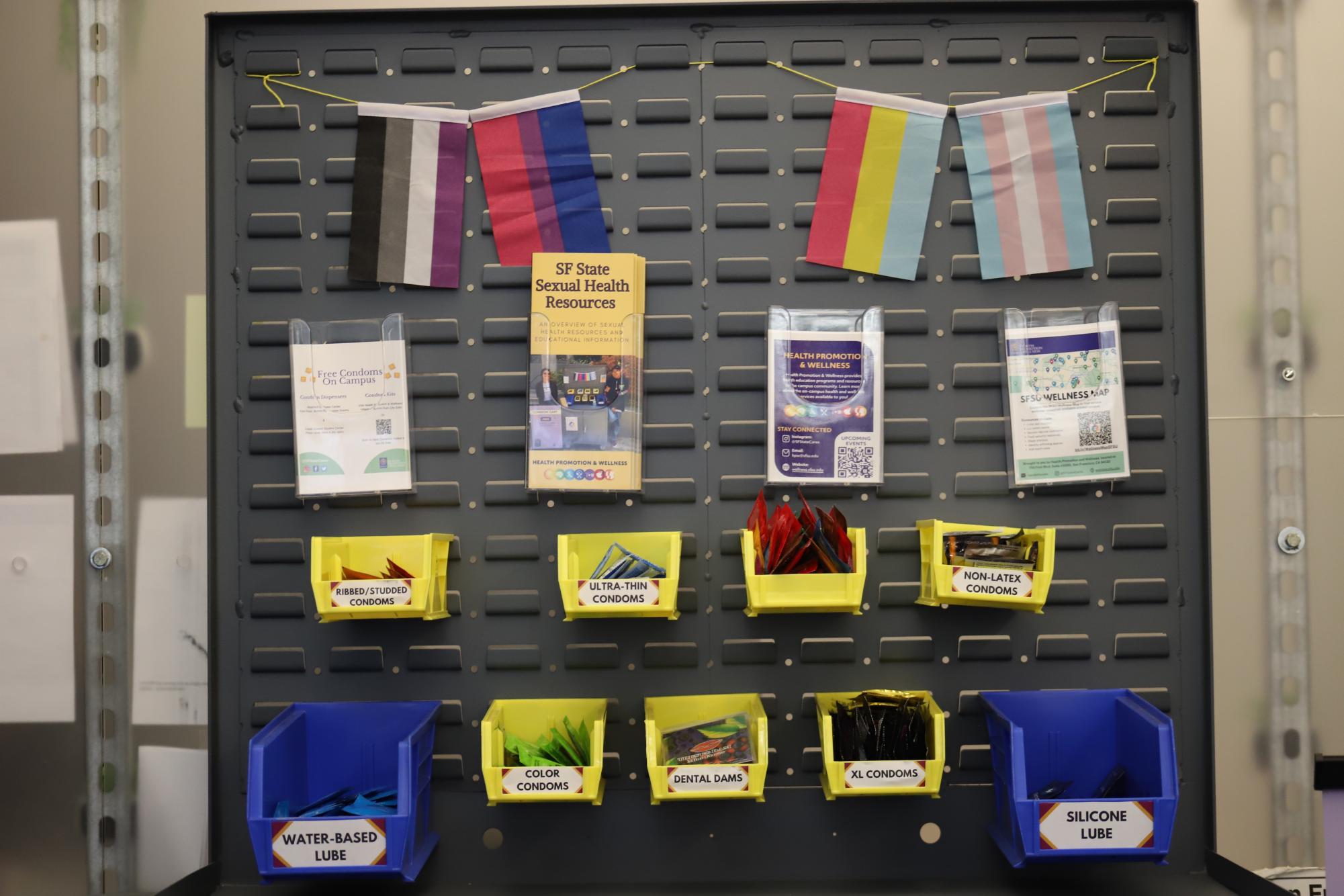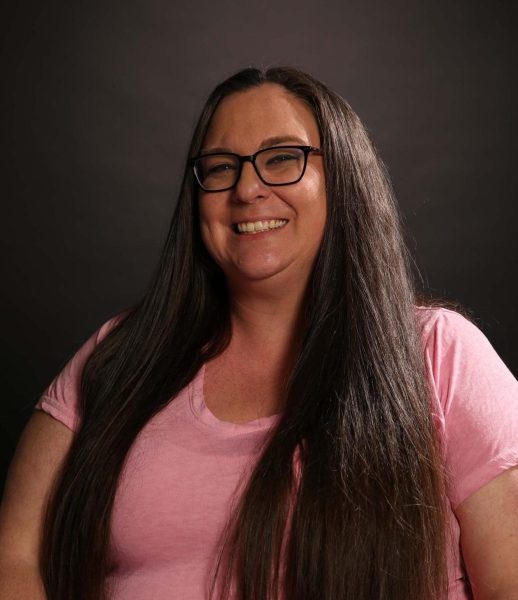Health Promotion & Wellness at San Francisco State University led a sexual communications workshop to discuss the importance of communication and consent, while also providing tips on how to talk to partners about sex.
Almost 50 people joined the Zoom call at 5 p.m. on a Wednesday evening. Most people participated with their cameras off, but a few participants attentively sat at their computers as they’d do for a class lecture.
Taylor Davies, a sexual health education coordinator at HPW, let participants know that some content may not be comfortable for everyone and to “feel free to step away if needed.”
Davies created a welcoming environment from the beginning of the evening, inviting everyone to introduce themselves in the chat and share their pronouns.
“It made me aware of how I address people and stop assuming people automatically go by ‘he’ or ‘she’ if they appear to me that way,” said Tiff Burgess, a psychology major at SF State.
The workshop is part of HPW’s “Link-Up” series, where the team aims to provide workshops on substance use and abuse, emotional wellness and sexual health.
Davies continued to discuss the different barriers that get in the way of people talking about sex such as nerves, insecurity and inexperience.
“Talk to your partner and say, ‘sometimes I feel a little nervous speaking up about sex,” Davies said. “Start small, give nonverbal cues and practice. With each partner that we have, it might look different. It’s an ongoing process, but talking about sex helps us have a better sexual experience.”
Ivy Chen is a lecturer at SFSU who teaches Sex and Relationships and Contemporary Sexuality. She said there are many reasons why talking to partners about sex can be challenging.
“SF State is a diverse school. We have different nationalities, different cultures, and some people do not have a lot of practice in their families or communities,” Chen said. “Emotions like embarrassment or shame, fear of messing up or killing the vibe can also get in the way.”

(Colin Flynn)
Davies discussed other ways to communicate with your partner about sex.
“Sexting is also a way to communicate with your partner,” Davies said.
She added that consent is still important and that some people don’t like sexting at all.
“I found it helpful to someone like me who identifies as a lesbian and has always had a hard time expressing myself,” Burgess said. “Having spaces like that exist is helpful for people who want to understand themselves more, as well as become better partners to others.”
Davies said that communication during sex is up to one’s discretion.
“It could be questions or directions –– a little to the left or harder, faster, stronger,”’ Davies said.
The workshop helped Burgess prepare for getting to know people in the future.
“After attending, I would consider being more intentional when dating. When you are vulnerable enough to be sexual, you want to ensure you trust them,” Burgess said.
Chen considers these workshops to be an effective means of initiating discussions about sexual communication.
“The information ends up getting shared with partners, but also friends, and sometimes family,” Chen said. “The knowledge that they gain doesn’t end with them.”
Information on upcoming workshops is available on HPW’s events page.











